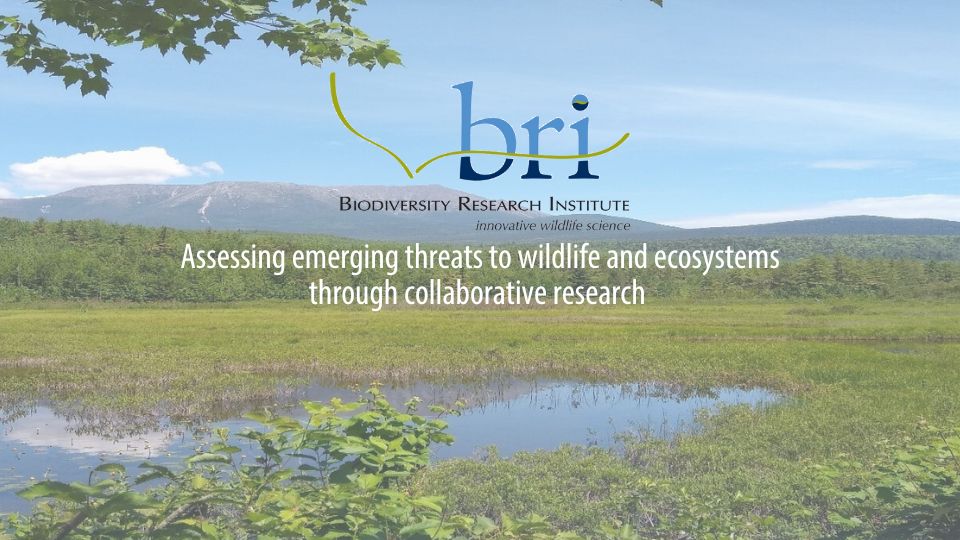Research Centers
BRI’s research capabilities have grown in response to pressing ecological issues, from the ability to study the natural history of loons to the development of new technologies that enable researchers to predict risks due to climate change and human development.
Latest News
 BRI has a quarterly e-zine titled One Drop of Water, which features stories about our science, our scientists, and the critical intersection where science informs policy. The April issue is out now!
BRI has a quarterly e-zine titled One Drop of Water, which features stories about our science, our scientists, and the critical intersection where science informs policy. The April issue is out now!
United Nations and BRI
BRI helps over 40 countries meet requirements for the Minamata Convention on Mercury by assisting with Minamata Initial Assessments and mercury inventories, reducing mercury use in artisanal and small-scale gold mining practices, and evaluating effectiveness through mercury biomonitoring.
BRI is an official member of the UN Global Compact and an accredited observer organization for both the Minamata Convention and the Convention on Biological Diversity, as well as an Executing Agency for UNEP.










